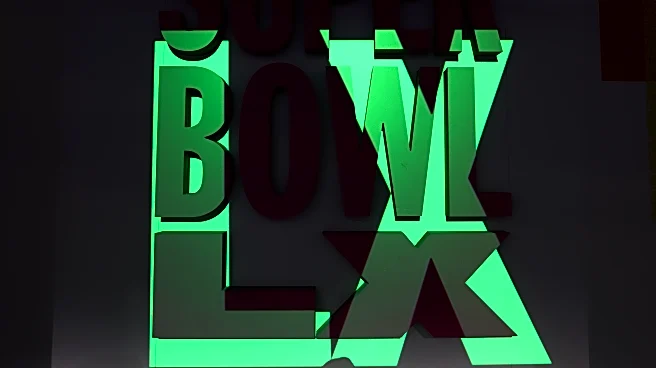What's Happening?
A recent critique by a White House advisor regarding the selection of Bad Bunny for the Super Bowl halftime show has drawn comparisons to past controversies involving musicians and political figures. The situation is reminiscent of the 1983 incident when President Reagan's Interior Secretary, James Watt, excluded The Beach Boys from Independence Day celebrations, citing concerns about the 'wrong element.' The decision was met with widespread criticism, including from Nancy Reagan, who defended the band. The current situation highlights ongoing tensions between cultural expression and political scrutiny.
Why It's Important?
The criticism of Bad Bunny's selection for a major cultural event underscores the intersection of politics and entertainment. Such controversies can influence public perception and spark debates about cultural representation and inclusivity. The backlash against political interference in artistic choices reflects broader societal values regarding freedom of expression and diversity. This incident may also impact the relationship between the entertainment industry and political institutions, as artists and audiences respond to perceived overreach.
Beyond the Headlines
The situation raises questions about the role of government in cultural affairs and the potential for political agendas to influence artistic expression. It also highlights the cultural significance of events like the Super Bowl, which serve as platforms for diverse voices and perspectives. The response to the White House's critique may prompt discussions about the importance of cultural diversity and the need to protect artistic freedom from political influence.











